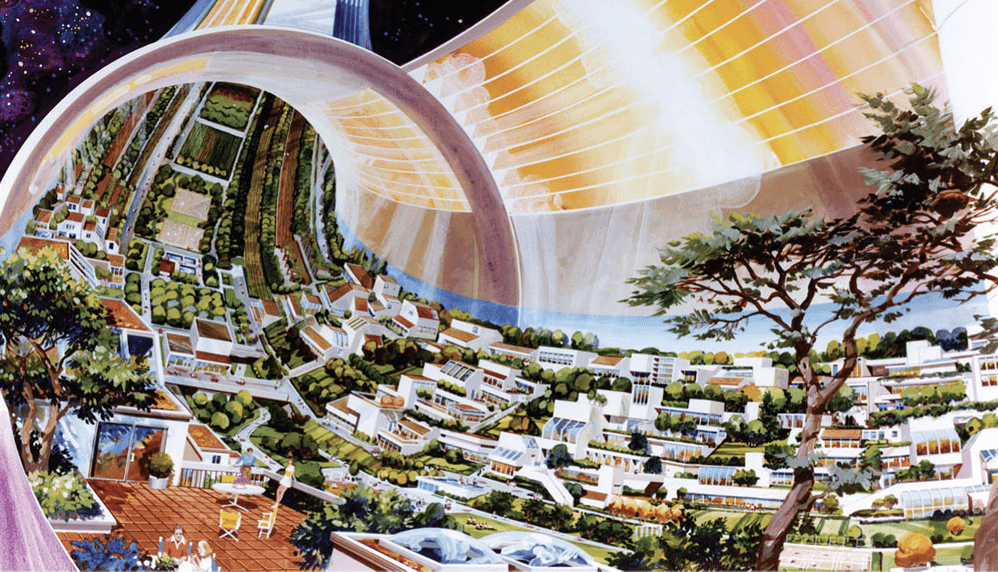The opportunity today is to envision a completely new future for the world. The climate crisis — arguably the greatest challenge that humanity has faced, at least since the invention of the atom bomb — also creates the necessity for a genuine transformation of human life on the planet.
A major difference from the nuclear annihilation scenario is that life will begin to disintegrate around us simply by doing nothing. We are already seeing signs of this every day. The stresses caused — directly or indirectly — by climate disruption are already extremely costly, and are likely in the future to be catastrophic for the insurance industry, for political stability, for agriculture, and for human health.
Our goal is to provide a new context for the future. While it’s important to stress the now almost inevitably disruptive consequences of climate change, it’s equally important to recognize that it provides the opportunity for humanity to take a great leap forward in its evolution and its management and stewardship of Earth. We are at a tipping point for a global transformation.
What’s needed now is a conscious shifting of the global cultural paradigm, the paradigm of the extractive economy, which creates material growth at the expense of the environment, to the paradigm of a regenerative economy, which creates wealth by restoring the health, vitality, and productivity of the environment.
To provide a concrete example: modern agriculture is reaching a dead end, by exhausting the soil and pouring chemicals on the earth; biointensive organic agriculture not only restores the soil but actually produces much greater abundance on a local level to help people meet their own needs. This also provides one of the key solutions to the problem of carbon emissions, removing carbon from the atmosphere and using it to help restore the life and fertility of the soil.
A society based primarily on local food production is not only one with greater self-sufficiency; it’s also one of greater community, greater biodiversity, and greater opportunity for meaningful work. The same fundamental unsustainability of today’s society is also driving change in every other dimension as well, including the dimension of human awareness. We need to recognize our fundamental interdependence, with all life as well as with each other. We do not exist in isolation, but only within the matrix of a living planet (and arguably of a living universe). The transformation that now needs to occur is that we need to experience this more fully and directly, and begin to think from there. This is the paradigm shift that we need to bring about in humanity as a whole, in the worldview of our era.
At the same time, we also need to be practical about the viability of small enterprises such as organic farms; we need cooperatives to manage them most successfully. We also need urban agriculture, on rooftops and in vertical farms.
This site will be about all of these things, as a support vehicle for our forthcoming book, A Possible Planet, as a rubric for our larger conversation about Earth awareness and a framework for our nonprofit initiatives.

